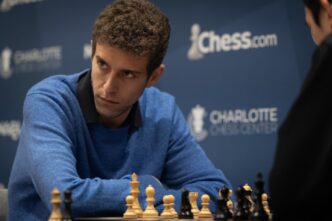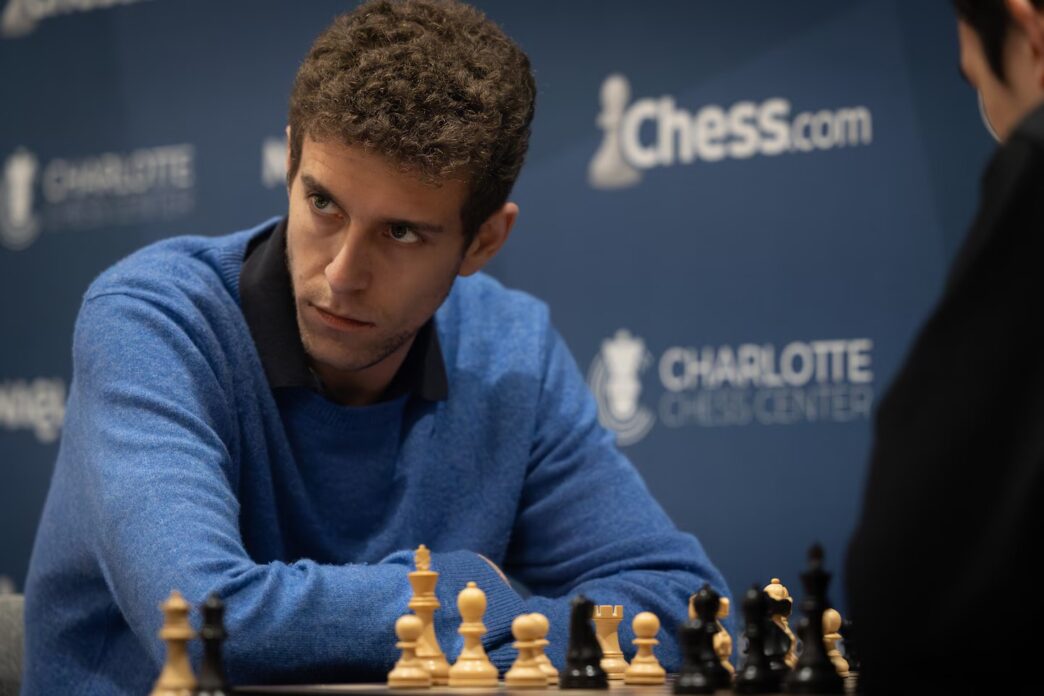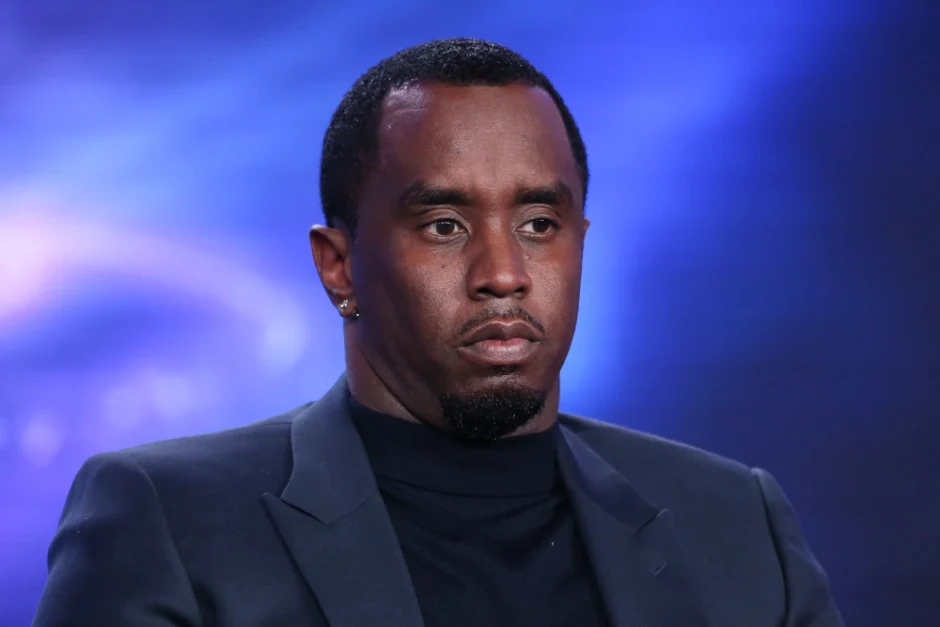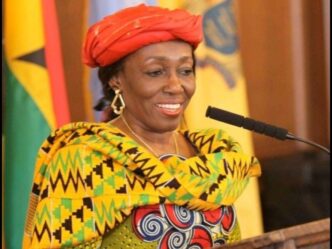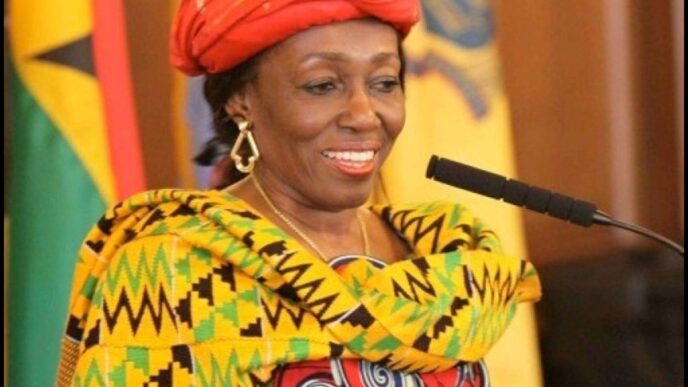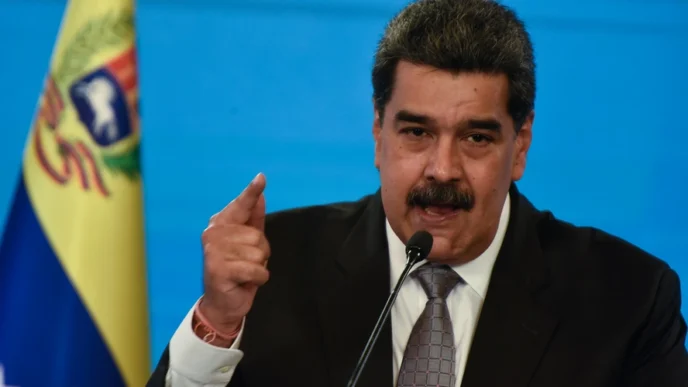The global chess community has been thrown into mourning following the sudden passing of American chess grandmaster Daniel Naroditsky, a highly respected player, commentator, and author.
The announcement of his death was made by the Charlotte Chess Center on October 20, 2025, through a post on X (formerly Twitter).
In the emotional post, the chess club expressed deep sorrow over Naroditsky’s death but did not provide details surrounding the circumstances.
“The Naroditsky family shares the sad news of Daniel’s unexpected passing. Daniel was a talented chess player, educator, and beloved member of the chess community.
We ask for privacy as the family grieves,” the statement read.
The sudden loss has left fans, fellow players, and students worldwide shocked, as Naroditsky had remained active in the chess scene through tournaments, commentary, and his educational work.
Tributes have poured in from all corners of the chess world, celebrating his contributions and impact on the sport.
Naroditsky, who was born on November 9, 1995, in San Mateo, California, began playing chess at the age of six.

He was taught by his father, Vladimir Naroditsky, a Ukrainian-born math professor and chess instructor.
His mother, Lena Naroditsky, is a concert pianist from Azerbaijan, making Daniel’s upbringing one rich in both intellect and art.
He rose to prominence early, winning the Under-12 World Youth Chess Championship in 2007 with an impressive 9.5 out of 11 points.
That same year, he became the youngest player to ever win the Northern California K-12 Championship.
His extraordinary talent and dedication made him one of the most promising players of his generation.
In 2011, Daniel achieved the title of International Master, and just two years later, in 2013, he was awarded the Grandmaster title at only 18 years old.
His intellectual curiosity extended beyond the chessboard he was also an accomplished writer, publishing his first book, Mastering Positional Chess, in 2010 at just 14 years old.
Moreover, Naroditsky was known not only for his skill but also for his approachable teaching style.
Through his work as a chess educator, he inspired countless young players globally.
His popular commentary and educational videos were widely praised for their clarity and insight.
The Charlotte Chess Center described him as “a pillar of inspiration for all levels of players,” highlighting his contributions to chess development in the United States.
